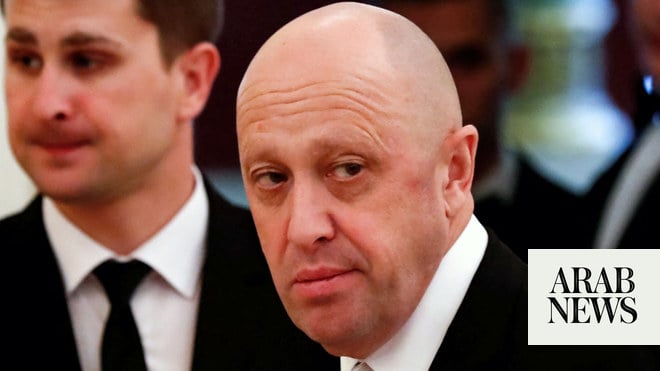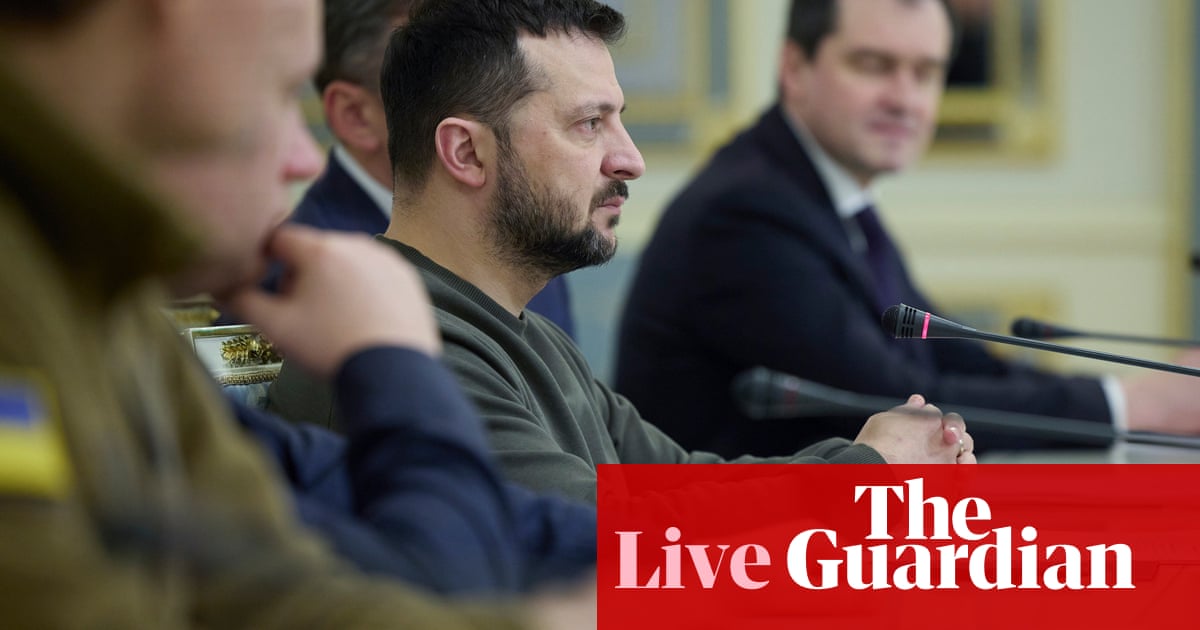
Thousands of Ukrainians who fled to the UK after the Russian invasion are at risk of homelessness if ministers go ahead with plans to end funding for a scheme set up to help them, parliament’s spending watchdog has said.
Funding and sponsorship arrangements for more than 130,000 people helped under the Homes for Ukraine scheme are due to end next March. Many of these people face losing their homes when this funding dries up, according to an investigation into the scheme by the National Audit Office (NAO).
“As more sponsorship arrangements come to an end, the risk of homelessness is likely to increase,” its report says.
Almost 74,000 UK households have applied to host Ukrainian families under the £2.1bn scheme since it started in the spring of 2022. Hosts received payments of £350 a month in the first year and £500 a month in the second year. But these payments finish one year before the end of the three-year visas granted to Ukrainians under the scheme. As the first of those visas expire in March 2025, the sponsorship will start to be phased out from next March.
The NAO reports says: “Unless sponsors are willing to host Ukrainians without those payments, Ukrainians on the scheme will need other housing solutions.”
Last December £650m was provided to councils to tackle homelessness among Ukrainians. But this money must be spent by councils before the end of March 2024, the NAO pointed out.
The NAO acknowledges that targets under the scheme for preventing homelessness among Ukrainians have so far been met. But it urges ministers to provide more certainty about any future funding to avoid thousands of Ukrainians being forced on to the streets.
It also criticises the Department for Levelling Up, Housing and Communities (DLUHC), which runs the scheme, for having no accurate estimate of how many Ukrainians face homelessness.
Local authority figures showed that by August 2023, 4,890 Ukrainian households had been assessed as homeless or at risk of becoming homeless in England alone. This is 8% of the total number of Ukrainians families helped under the scheme, and it is likely to be underestimate, the NAO says, because a third of councils failed to provide homelessness data to the government.
The report says that as a result, the “DLUHC does not have accurate data regarding the numbers of Ukrainians who have become homeless following their sponsorship ending”.
It calls for more monitoring of safeguarding arrangements under the scheme to ensure vulnerable Ukrainians are not subjected to abuse or exploitation.
Gareth Davies, the head of the NAO, said: “The government will soon need to take important decisions about the future of the scheme, including whether to extend visas beyond three years, and whether to extend funding for local authorities and sponsors, which currently finishes before visas expire. It will also need to carefully monitor key risks such as safeguarding, and the threat of homelessness as sponsorships end.”
Meg Hillier, the chair of the Commons public accounts committee, said: “More needs to be done to ensure Ukrainians are getting the support they need and prevent rising numbers becoming homeless. Government should also decide quickly on visa extensions to give Ukrainians the certainty they deserve over their futures.”
A Government spokesperson said: “We are grateful to the extraordinary generosity of sponsors across the UK, as well as the hard work of local councils, volunteers and charities.
“We will provide an update on the future of the scheme well before the first visas expire.”












